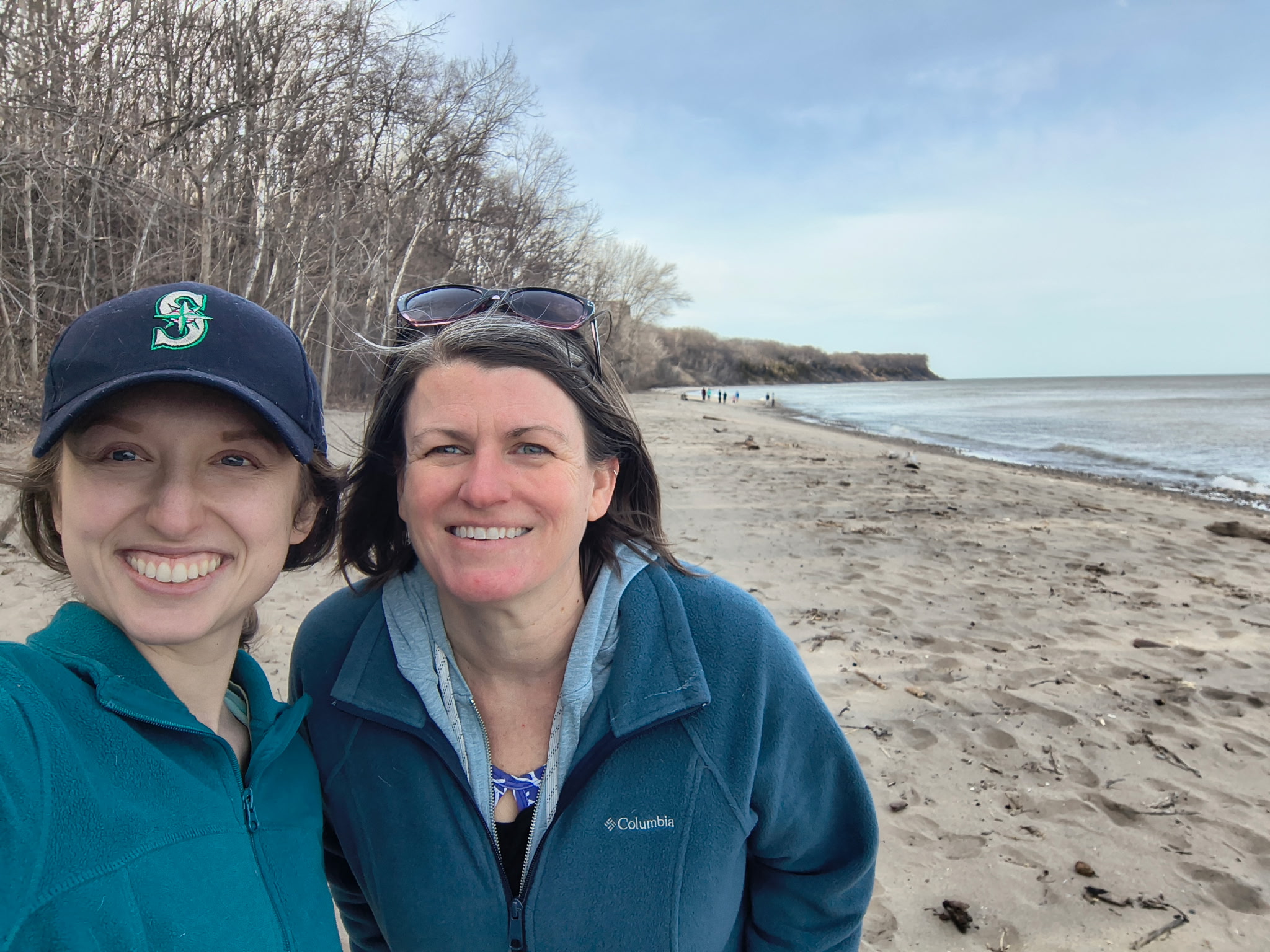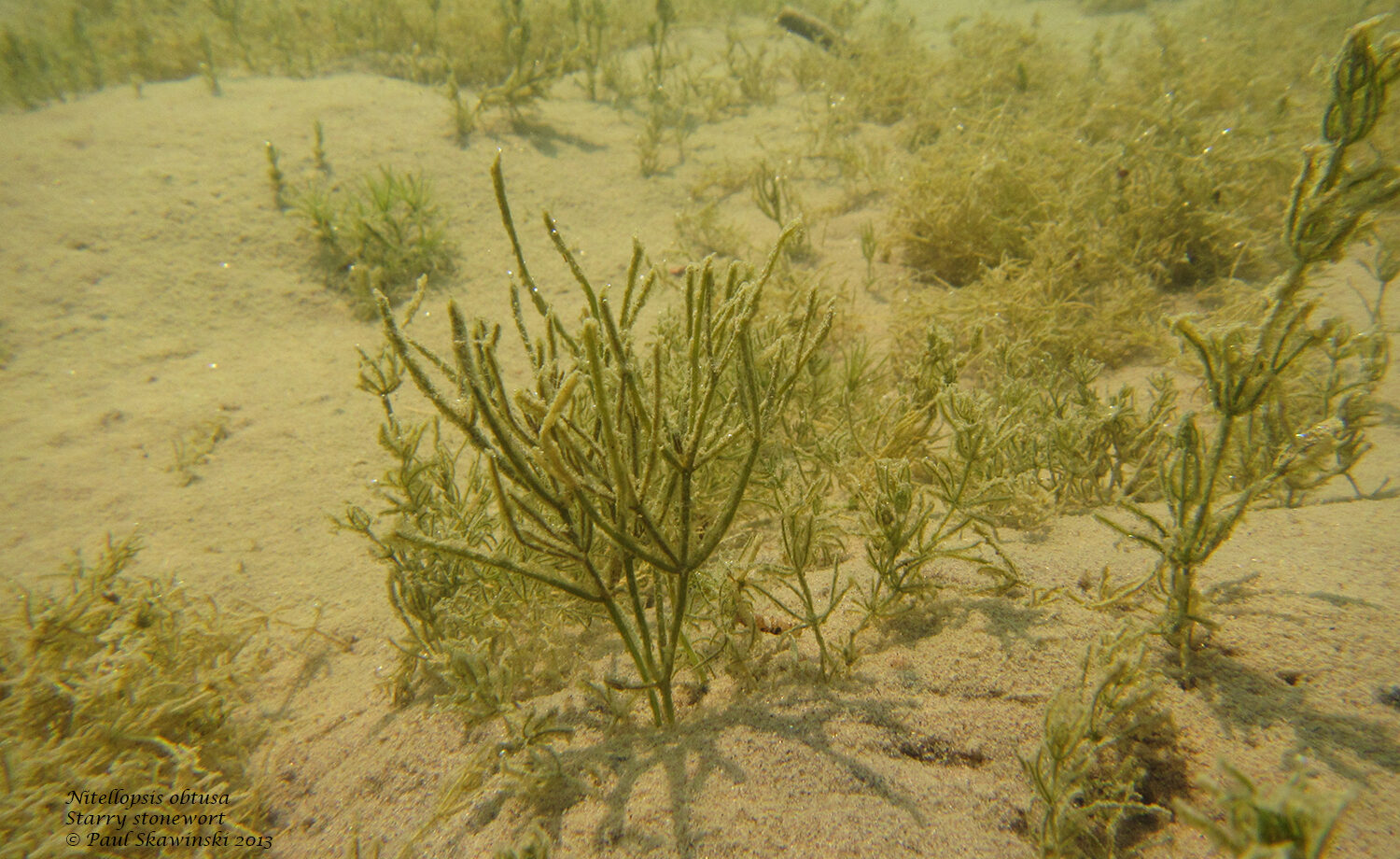Wisconsin Sea Grant undergraduate student, Joe Fitzgerald, has spent the past two years working with Northland College Professor Randy Lehr collecting plankton. The collection is for Lehr’s research project on the Chequamegon Bay in Lake Superior.
Students in the center where Fitzgerald works at the college are divided into four departments: lakes, streams, lab analysis, and plankton. With the distinction of being its only worker, “I’m the plankton department,” Fitzgerald jokes. His status has earned him the nickname of “The Plankton Guy.”
Graduating with a double major in natural resources and geosciences this spring, Fitzgerald plans to spend the summer writing up his findings, which he presented along with Jordan Welnetz, another of Lehr’s Sea Grant-funded students, last month at the second annual Chequamegon Bay Research Symposium in Ashland, Wis.
The duo sampled plankton and other factors from 11 sites in the bay to determine the impact upwelling currents have on the food web. During the symposium, Fitzgerald explained that upwelling occurs when water from the bottom of the bay is brought to the top, usually by sustained winds for four to seven days. This can change water chemistry, and carries nutrients and plankton to the surface.
“We found that upwelling has a significant impact on the bay,” Fitzgerald said. “After we look at the rest of our data this summer, we’ll be able to say more specifically just what kind of an impact it has.”
Not bad for a student who started out as an assistant custodian in the lab where he now works. Fitzgerald credits Northland College’s emphasis on student advancement for his current position as a research scientist. “The program took me under its wing,” he said. “I’ve always had an interest in working with water, but being able to build yourself up has been really useful for me.”
In addition to his Chequamegon Bay plankton and water sampling, Fitzgerald has had the opportunity to work on research projects involving dragonfly larvae collection at Pictured Rocks National Lakeshore, Isle Royale National Park, Grand Portage National Park, the Apostle Islands National Lakeshore and the St. Croix National Scenic Riverway. He’s also studied sliver carp in the St. Croix and Mississippi rivers.
Fitzgerald hopes to continue his academic career by earning a graduate degree, but would like to attain more practical knowledge first, preferably overseas. “I’d like to travel for a year to get different perspectives on water and how people manage it,” Fitzgerald said. “I’ve lived in Wisconsin my whole life and I’d like to get some outside opinions.”
Fitzgerald’s ultimate goal is to work on the Great Lakes with a focus on water resources policy and economics. “I want to be sure that when we’re approaching water resources — whether it’s from a small-town perspective, or a state perspective — that we’re doing it in a responsible way. Scientific knowledge isn’t always part of those important decisions, and it should be.”





